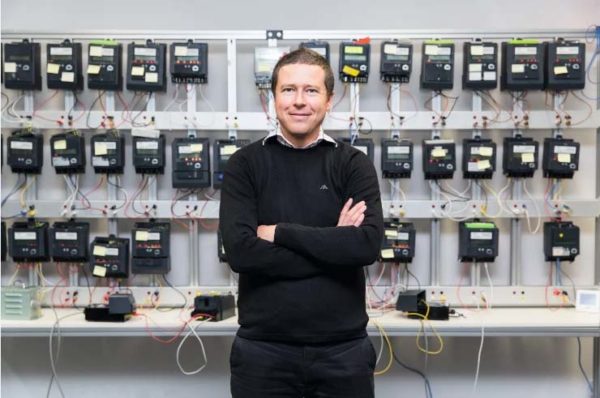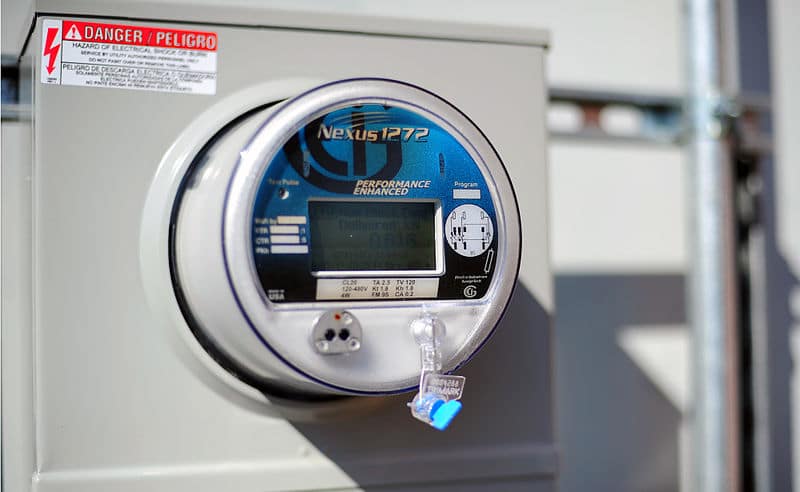In its submission to the AEMC’s review of the regulatory frameworks for metering services, Intellihub said competition in the metering sector had delivered a better and more efficient service but elements of the rules have created unintended barriers to a timely deployment of smart meters in Australia.
“As a result, Australia is on track for one of the slowest smart meter deployments in the world, with full deployment unlikely until after 2040,” Intellihub CEO Adrian Clark wrote in the submission.
“Outside of Victoria, only 18% of small customers in Australia have a smart meter.
“In contrast, most overseas rollouts have been completed in around seven years. New Zealand reached 50% penetration in just six years under its competitive approach and now close to 90% of New Zealand customers have a smart meter.”
Intellihub, which operates in both the Australian and New Zealand markets, said network meter testing rates have also slowed in Australia and so too have replacements of old, failed meters with an estimated 2.4 million electricity meters in Australia now older than 25 years, with 350,000 of those 50 years or older.
“Proactive meter replacements by electricity retailers are not occurring at the rates that were envisaged three to four years ago, mainly because retailers are absorbing almost all of the costs of smart meters despite the benefits being shared by a range of industry participants,” Clark wrote.
“Without material changes to the rules, customers will be locked in to using old, last-century metering technology for many decades to come.”
The AEMC launched a review of the metering services regulatory framework in December, seeking to examine whether the reforms introduced as part of the competition in metering (CIM) rule change rolled out in 2017 have met expectations and whether changes to the current framework are required to improve efficiency and effectiveness.
Intellihub said the CIM rule, which transferred the metering-related roles and responsibilities from the distribution network service provider (DNSP) to a metering coordinator (MC), had succeeded in many areas, delivering better and more efficient service, less cost and cheaper prices, increased innovation and new technology.

Image: Intellihub
“Today, smart meters give insights in real-time; optimise the home for solar, batteries and electric vehicles; and enable new services like demand response and virtual power plants (VPPs) and dynamic control of hot water,” Clark wrote.
“They give more control over household energy costs, and when deployed at scale they reduce costs to serve, putting downward pressure on electricity prices and help deliver a more competitive electricity retail market.
“They are a vital enabler of the energy transition and facilitate a greater use of renewable energy in homes and businesses across the country.”
The AEMC has acknowledged the potential benefits of smart meters but in its consultation paper highlighted they are not currently providing many of the services they are capable of delivering, noting the ‘general sentiment amongst stakeholders is that smart meter data is being under-utilised in the NEM’.
Clark agreed that some of the services available with smart meters are currently under-utilised but said this would be improved if penetration rates increase and current regulatory barriers are removed.
“The technology is available now … but its use is limited by regulatory barriers, transaction costs and insufficient incentives,” he wrote.
“Regulatory reforms can address these challenges and improve outcomes for customers, while maintaining the competitive metering model and current consumer protections.”
Intellihub’s submission calls for reforms which will strengthen testing requirements for old and failed meters and ensure they are replaced; change how distributors recover costs of old meter assets; encourage the use of smart meters as a more efficient and modern control of hot water systems; and make it easier to access data to help manage the increasing penetration of renewables on the grid.
The submission also recommended a focus on reforms that accelerate the rollout of smart meters and reduce the costs of smart meters by removing unnecessary regulatory costs and barriers.
Intellihub cautioned against reverting to a more regulated approach to smart metering, warning it “would lead to massive disruption to the market”.
Intellihub is one of more than 30 stakeholders who have made submissions to the consultation paper.
This content is protected by copyright and may not be reused. If you want to cooperate with us and would like to reuse some of our content, please contact: editors@pv-magazine.com.









Wow this so funny. Keep your eyes and ears open for the bombshell thats happening after Easter.
Major breaching of Metering Rules by this company.
Which may involve upto 1million customers